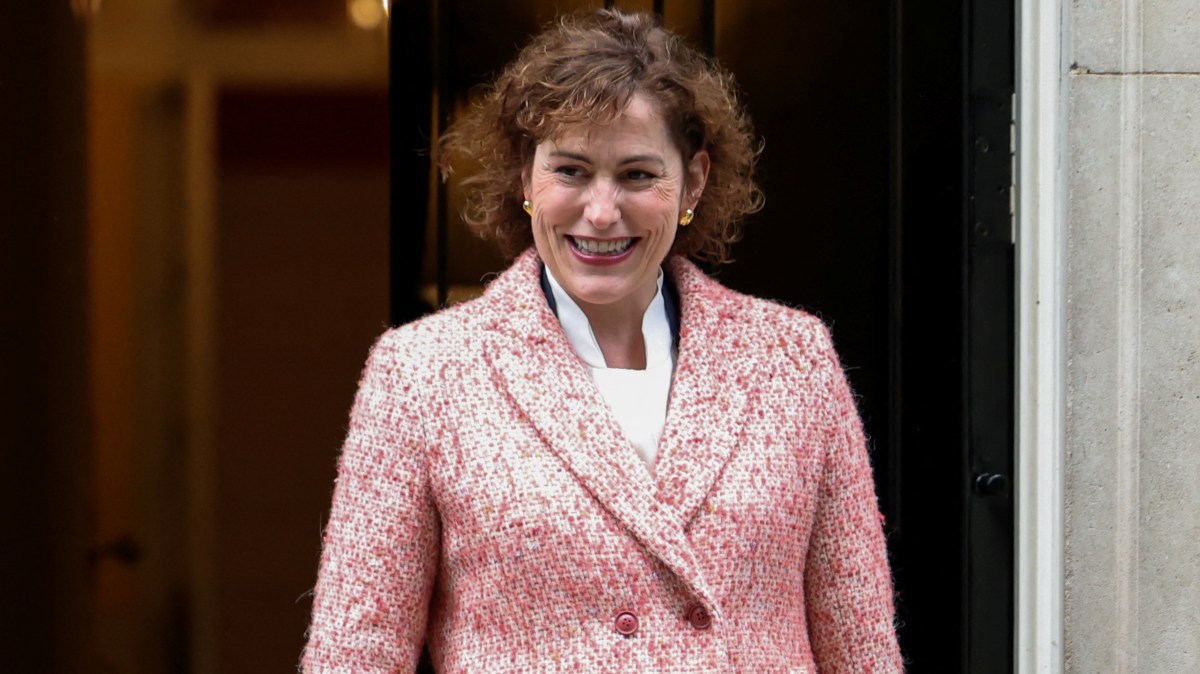By 2040, one person in the United Kingdom will be diagnosed with cancer every minute, according to a charity.
Cancer Research UK predicts a fifth increase in its cases to 505,000 from 420,000, or one every 75 seconds.
It also predicted an 18% increase in disease-related deaths from 176,000 to 208,000.
The charity stated that poor diets, contributing to the escalation of obesity rates, heavy alcohol consumption, and smoking among the British public, are also factors in the increase.
A £1 billion funding imbalance threatens the UK’s status as a cancer “superpower,” according to CEO Michelle Mitchell.
The charity estimates that 419,935 cases of cancer are diagnosed annually in the United Kingdom. However, the number is anticipated to increase to 505,565 by 2040.

Cancer Research UK estimates that the disease will be responsible for 208,022 fatalities by 2040, up from 176,376 at present.
Challenges in Meeting Targets and Improving Cancer Services in the UK
Nevertheless, it was projected that 14,500 cancer cases could be averted within the subsequent seventeen years if the government achieves its smoke-free targets among individuals in their forties and fifties by 2030, which would amount to 5% or less smoking.
The research also recommended a 10% reduction in obesity and excessive and extremely heavy drinking.
Experts say NHS cancer care’ continual underperformance is exacerbating the crisis.
When the pandemic first arrived in the United Kingdom, certain patients’ cancer treatment came to a halt, as diagnostic scans were postponed and appointments were cancelled in an effort to safeguard the National Health Service.
An estimated 40,000 cancers remained undetected in the first year of the pandemic, according to experts.
Additionally, NHS cancer services consistently fall short of their objectives.
According to October its waiting time data from the official health service, a mere seven out of ten patients (71 percent) who were urgently referred for suspected cancer received a diagnosis or had the disease ruled out within a span of 28 days. 75% is the desired percentage.
Shortfalls in Cancer Treatment Targets and Research Funding in the UK
A mere 89.4% of patients waited no more than one month for the initiation of their initial treatment following a decision to undergo radiotherapy, chemotherapy, or surgery. Although the target is 96%, it has never been achieved.
Only 63.1% of urgent referral patients started cancer treatment within two months. According to NHS guidelines, treatment of cancer patients should occur within this timeframe for 85% of cases. However, this objective has never been accomplished.
Ms. Mitchell cautioned that expenditures on disease detection and treatment are falling short of the escalating burden it imposes.
She told The Times that the United Kingdom invests significantly less in cancer research than the United States, which, in conjunction with the effects of Brexit and clinical trial disruptions, makes it challenging to recruit top scientists to the country.
“We are at an inflection point,” she declared. Anxious indications are gradually emerging. Acting now is crucial in order to maintain a dominant position on a global scale throughout the coming decades.
Cancer Research UK warned in November that its research funding will be cut by £1 billion over the next decade.
In 2019, approximately £400 million, or two-thirds, of publicly funded cancer research was contributed by charitable organisations.
Public Concerns and Funding Challenges in Cancer Research and Treatment
Dr. Owen Jackson, director of policy at Cancer Research, stated that the organization’s donations from the public, who are experiencing a cost of living crisis, are going “less far” due to inflation and its expenditure is now “less far.”
Ms. Mitchell stated to the newspaper, “The public is closely observing to see if there will be a well-defined strategy, strong leadership, and a well-funded plan to ensure that our progress in its survival is on par with other countries, rather than falling behind.”
“It’s not satisfactory at this time.”
“We invest £1 billion annually through the National Institute for Health and Care Research because research and the life sciences are vital in the fight against it,” a spokesperson for the Department of Health and Social Care explained.
New partnerships with BioNTech and Moderna will provide NHS patients early access to potential cancer vaccines worldwide.





